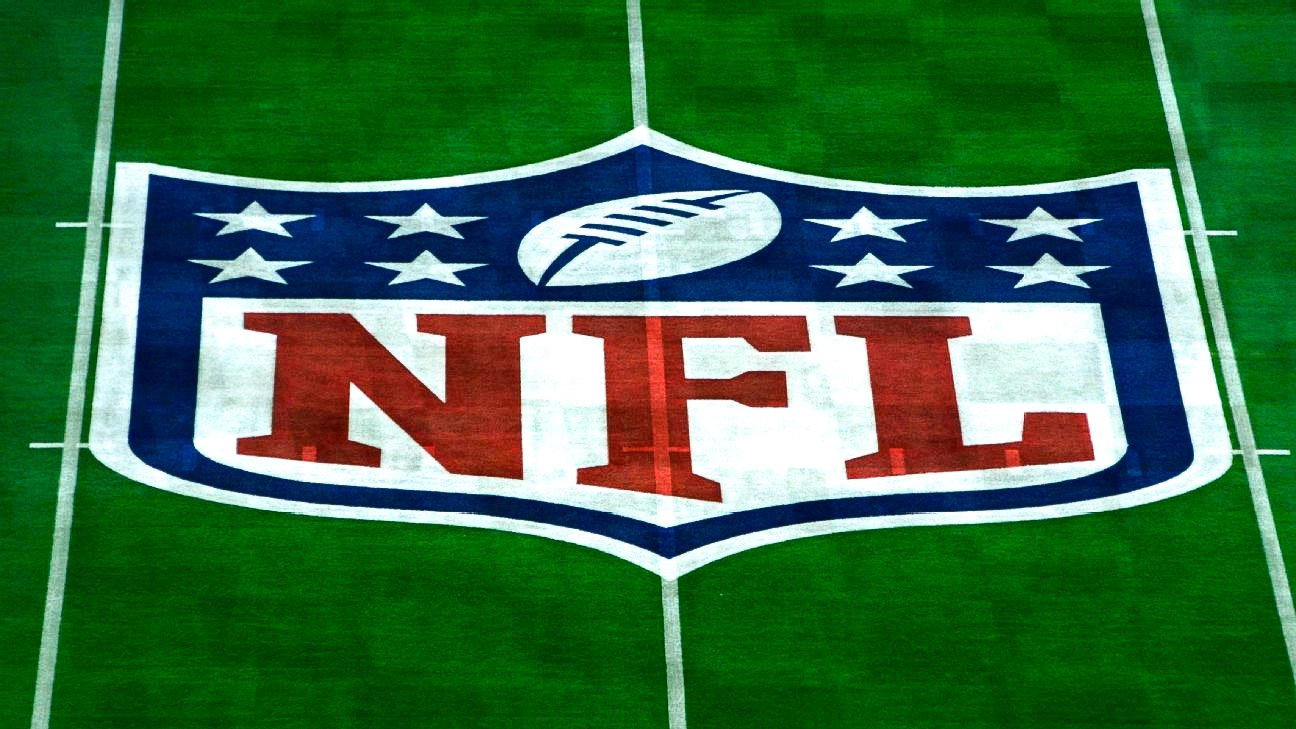
In the wake of a tumultuous off-season marked by multiple player suspensions stemming from various gambling violations, the National Football League (NFL) and the NFL Player’s Association (NFLPA) have jointly unveiled amendments to their gambling policy.
Under the revised guidelines, engaging in betting on league games results in an indefinite suspension, and any player found attempting to fix game outcomes faces permanent expulsion from the league, USA Today reported.
“The NFL and NFL Players Association share a longstanding and unwavering commitment to protecting the integrity of the game. The NFL periodically reviews the gambling policy in consultation with the NFLPA and clubs to ensure it is responsive to changing circumstances and fully addresses this commitment,” the NFL and union said in a joint statement.
The league emphasized that the determination of policy violations will be adjudicated on a case-by-case basis by NFL Commissioner Roger Goodell.
In a move designed to maintain a gambling-free workplace environment, players caught wagering on activities unrelated to the NFL during work hours will be subject to a two-game suspension without pay for a first offense. A repeat offense will incur a more substantial penalty, with a six-game ban. A third violation will result in a suspension without pay for a minimum duration of one year.
Furthermore, the policy takes a stern stance against third-party or proxy betting, as well as the acquisition of insider information for the purpose of influencing game outcomes. As per the report, engaging in such activities will lead to an automatic minimum one-year indefinite suspension.
In light of these alterations to the gambling policy, Tennessee Titans tackle Nick Petit-Frere and Detroit Lions wide receiver Jameson Williams have seen their initial six-game suspensions reduced to four games. Both players are slated to be reinstated on Monday, aligning with the league’s commitment to ensuring fairness and compliance among its athletes.
Last month, the NFL released a statement urging federal intervention to combat the “illicit sports betting market.” The statement came in the form of a letter sent to U.S. Representative Dina Titus (D-Nev.), who had sought clarification from 12 prominent sports leagues about their gambling policies and efforts to preserve the integrity of games in today’s betting landscape.
Prompted by a surge in betting-related controversies, Titus had initiated inquiries to address concerns over game integrity. The NFL’s response emphasizes its commitment to safeguarding the sport.